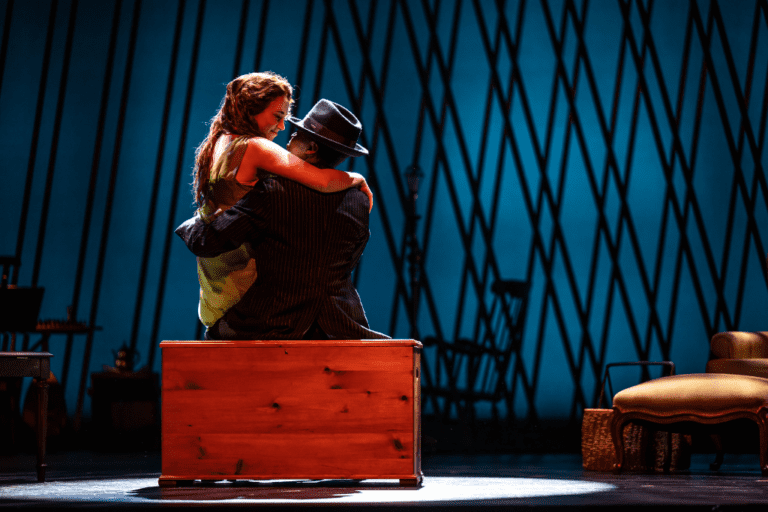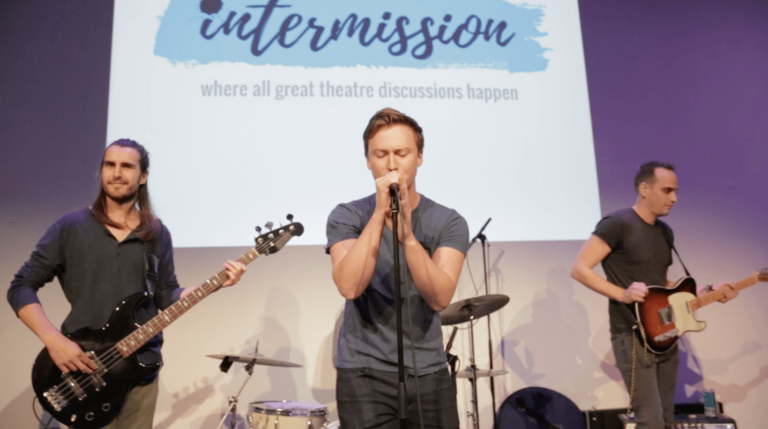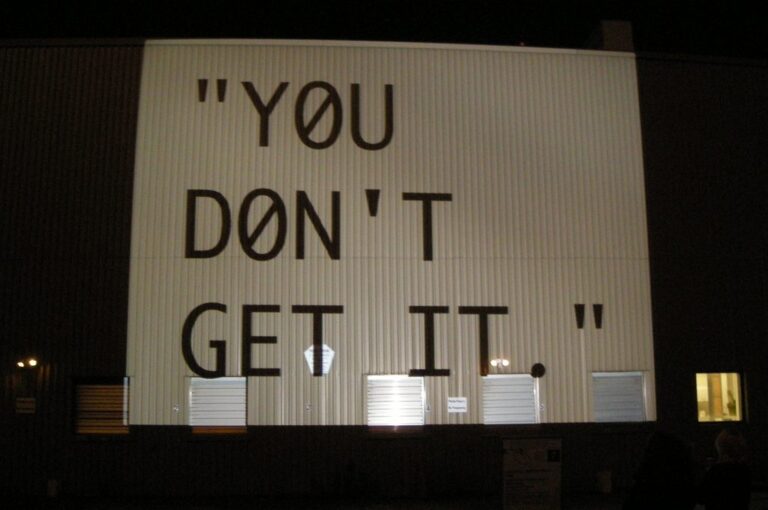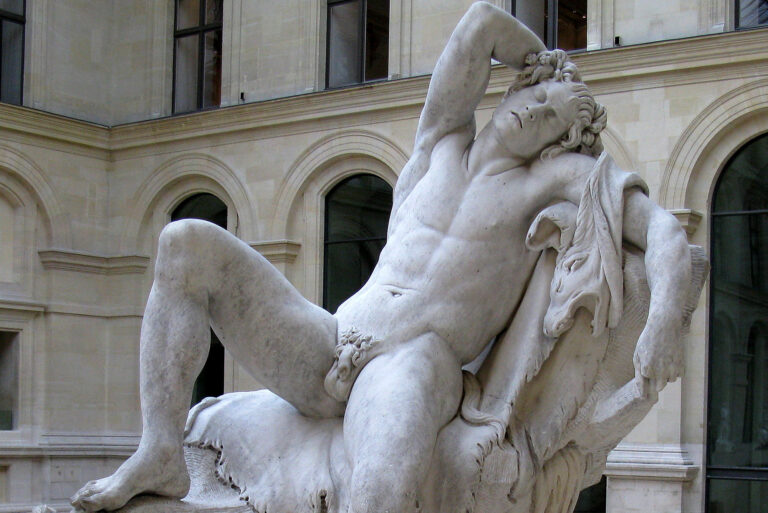Life’s Too Short to Be a Douchenozzle: Ten Ways to (Not) Alienate Other Actors
A friendly list of do’s and don’ts for interactions with other actors as we navigate our careers and our beautiful, fragile egos. (Nota bene: the author has broken most of these rules at one point or another.)
1. Don’t complain to an acquaintance about the length of a professional union contract.
“Ughhh, they just booked me for, like, the whole year… It’s like they own my soul.”
Your acquaintance might be biking around food for a living. Don’t be a douchenozzle.
2. If you want to talk about a show you’ve seen, talk about one you loved rather than one you hated. If you hated everything, that’s not a conversation for an acquaintance. Save it for a close friend or therapist.
3. If you’re the kind of person who posts a selfie on your social media every time you’re #memorizing, #auditioning, #onset, #gettingthatlyfe, etc… at least know, like everyone who follows you knows, that you’re doing it for nobody but yourself.
4. If you’re with an acquaintance and run into another acquaintance, you can introduce them by just their names. You don’t need to describe what they do.
“This is Sophie, she’s an AMAZING artist and theatre devisor and poetry slam administrator, a true teller of necessary stories…”
No need to network. We’re in Dollarama.
5. Don’t ask an acquaintance whether or not they got the role. If they did, you’ll find out. If they didn’t, and if they are like me, they’ll have buried that information deep in their mind vault, locked it shut, and used their brain muscle to erase all memory of such vault. Don’t impede this very healthy process.
6. If you’re talking about an important person in the industry with whom you have a close relationship, don’t assume your acquaintance also does and refer to that important person by only their first name.
“Well, when Albert and I were last chatting—” Sorry, just let me finish my eye roll. Continue.
“So Kawa was texting me and—” Blow yourself.
7. If you run into someone you’ve met before but you don’t remember their name, admit it. Say, “Hey, I know we’ve met, but can you please remind me of your name?” Chances are they forgot yours too. Avoid the temptation to cop out and call them “man” or “homie” or “you.”
The second time you forget someone’s name, same deal, just admit it. “I’m so embarrassed, and I have no excuse, but can you tell me your name one more time?” It happens. Beat yourself up a bit, then let it go.
The third time you forget someone’s name, and, in between this time and time number two you’ve played an entire softball game with them, and they kindly didn’t make fun of you even though you threw out your shoulder during your third swing of the day, do not ask them their name. Lie. Lie through your lying teeth and refer to them as “man” or “homie” in a way that implies we are so very close that only terms of platonic masculine affection are appropriate. If you do make the mistake of asking them their name for the third time (and after a softball game), write an entire article for Intermission as repentance.
The fourth time you forget their name, either
a) attempt to fly, or
b) become part of furniture
The fifth time you forget their name, slowly take all money out of wallet, close their hands around it, exit building, find nearest public restroom, enter and remain for rest of life.
8. If you’re on a group chat about an event or get-together and you can’t make it because you’re on set, don’t say it’s because you’re on set.
“Hey guuuuys, I’d LOVE to be there, but I’m just on set that day… soooo I’m not sure when I’ll be free. MAJOR #fomo if I can’t make it. Kisses.”
You have the subtlety of a bulldozer. Thank them for the invite, say you’re busy, and wish your acquaintances (who aren’t making $1300 that day) the best.
9. The question “How are you?” doesn’t mean “What are you working on?” and neither the asker nor the receiver should conflate the two. I used to think this was just a problem on the receiving end, but when I started answering the question “How are you?” with things like, “Gosh, I’ve been watching a lot of videos of celebrities eating hot wings,” I’d see people grimace in pity, assuming I’m unemployed, which is all wrong because I’m not unemployed I’m underemployed, and, also, Hot Ones: The Show With Hot Questions and Even Hotter Wings is fantastic—but the point is: there is something wrong if we can’t talk about anything besides our jobs.
Most actors spend, on average, much less time acting every day than, say, accountants spend accounting. Some actors in rep companies are pulling pretty normal 10 am to 6 pm hours (occasionally more), but that is rarely the case year-round, even for solidly working actors. And, yet, when we’re asked the question “How are you?” we seem unable to talk about anything besides the thing we probably didn’t even do that day.
Are we okay with being that boring?
Here is a starter list of other things we can talk about:
- Family and friends
- The exciting Toronto bicycle lane developments of the last two years
- Sports
- Hot Ones: The Show With Hot Questions and Even Hotter Wings
- Where we were the night of November 8, 2016
- Cheesecake
10. Don’t find status in being busy or in being unexcited about exciting things. Looking cool is overrated. Being cool means we don’t inadvertently put each other down by bragging about our stress level or by placing ourselves above whatever it is we’re doing. It means that when we speak to an acquaintance we worry less about whether or not they leave the conversation impressed and more about what’s true: that, friend or not, we’re in this thing together, and that life’s too short to be a douchenozzle.












Comments